Relatives said former Prime Minister Thaksin returned because he missed his family, but observers believe the decision was related to the Pheu Thai Party's rise to power.
Former Thai Prime Minister Thaksin Shinawatra returned to Bangkok on August 22 after 15 years of exile, welcomed by his extended family and many supporters. He was later sentenced to eight years in prison by the Supreme Court, in connection with cases of abuse of power, illegally ordering a bank to issue foreign loans and illegally holding shares through a proxy.
Thaksin has lived mainly in Dubai during his exile. The former prime minister has said his motivation for returning to Thailand was to spend time with his children and grandchildren. Thaksin has a son and two daughters, all of whom live in Thailand. Thaksin’s youngest daughter, Paetongtarn, gave birth to her second child in May.
"I was free to go anywhere in the world , but I was serving a prison sentence away from my family. If I came back and had to sit in a smaller prison, that wouldn't be a problem," he once said.
On August 22, Paetongtarn, Mr. Thaksin's daughter, posted a photo of him, his wife, three children and seven grandchildren in the VIP lounge of the airport, after he returned home.
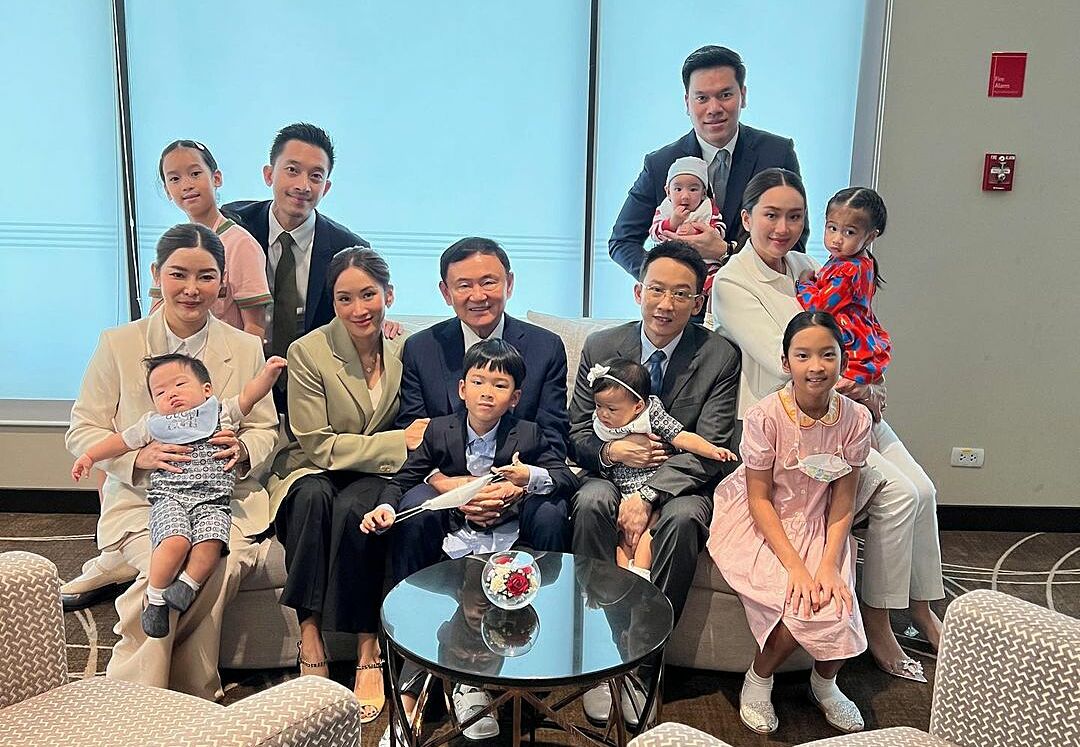
Mr. Thaksin (center) with his children and grandchildren at the airport waiting room after he returned home on August 22. Photo: Instagram/Paetongtarn Shinawatra
However, experts have questioned whether there was anything special about the timing of the former Thai prime minister's return. Thaksin postponed his return several times and finally arrived hours before the Thai parliament voted to elect a new prime minister. The man chosen to lead the country is real estate tycoon Srettha Thavisin from the Pheu Thai Party founded by Thaksin's family.
On August 21, a day before the vote, Pheu Thai announced a coalition with 10 parties, including two linked to the military, to form a government.
Experts say the timing of Thaksin’s return is a sign of a secret deal in which Thaksin would be guaranteed safety, have his sentence commuted or be granted clemency, and military-linked parties would remain members of the government. However, Pheu Thai denies Thaksin had anything to do with forming a government.
Napon Jatusripitak, a political scientist and fellow at Singapore's ISEAS-Yusof Ishak Institute, said the fates of Thaksin and Pheu Thai were intertwined. Thaksin's decision to return now appeared to indicate "he has received assurances that he will not have to serve his full prison sentence," he said.
Thaksin, a former police officer who became a telecommunications tycoon before entering politics, was first elected prime minister of Thailand in 2001 and went on to build a loyal voter base in the country's rural north and northeast.
His policies, such as universal health care and a village fund program to stimulate economic activity in rural areas, have significantly improved people's lives. For years, he was unbeatable at the polls.
However, Thaksin was strongly opposed by the royalist military, who accused him of corruption and exploiting the country for personal gain. The conflict between the two sides led to two military coups, while political parties affiliated with Mr. Thaksin were repeatedly dissolved, and prolonged street protests paralyzed the capital Bangkok.
Thailand's new prime minister, Srettha, once said he could not imagine working in a government with pro-military factions. However, he told reporters on August 21 that three months of political deadlock in Thailand had made him "forget what I said."
The Thai newspaper Bangkok Post called it "the price of forming a government". Thai political analyst Verapat Pariyawong said that although the new coalition may shock the public, for politicians it is "basic realpolitik". "It is time for them to join hands for their own common interests", he said.
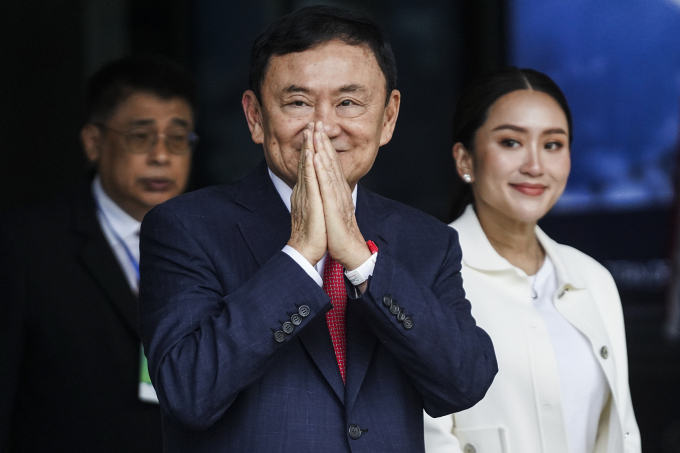
Former Thai Prime Minister Thaksin Shinawatra at the airport in Bangkok on August 22. Photo: AFP
Thailand's conservative political establishment feels threatened by the growing influence of the young, reformist Move Forward party, which won the most seats in May's general election promising major changes to Thailand's power structure.
Move Forward pledged to reform lèse-majesté laws, remove the military from politics and reduce the influence of big business in politics, but was blocked from taking power after the general election by the junta-appointed Senate.
Move Forward also poses a threat to Pheu Thai. In May, the fledgling party surprised many by outnumbering Pheu Thai and even winning seats in the Thaksin family stronghold of Chiang Mai.
In fact, Move Forward and Pheu Thai share similar views on many issues. However, they differ on one major issue: the lese majeste law, which states that anyone who “defames, insults or threatens the king, queen, heir apparent or regent” is subject to a prison sentence of three to 15 years. Move Forward has pledged to reform the law, while Pheu Thai has said it will not change it.
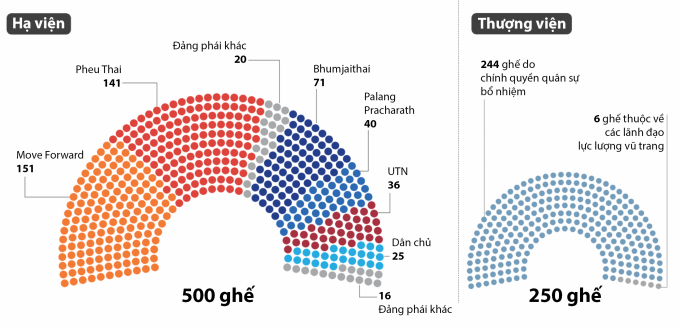
Structure of the Senate and House of Representatives of Thailand. Graphics: AFP
Verapat said the alliance between Pheu Thai and the pro-military faction could usher in a new era, moving away from the two-decade-long division but “heading towards a new confrontation between the conservatives and the Move Forward Party.” Pheu Thai’s decision to form a coalition could also disappoint its supporters.
"Mr. Thaksin must return to restore the party's prestige," said Paul Chambers, a political expert at Naresuan University, Thailand.
Despite his exile, Thaksin remains active in domestic politics, often making video calls to rallies with supporters or parties he backs.
Pheu Thai Party members say they still need the 74-year-old billionaire’s influence and advice to lead the country. His policies remain popular in Thailand, especially his health care program for the poor and loan disbursement to farmers when he was prime minister from 2001 to 2006.
"We still love him," said Chuda Suradee, 70, a supporter of former Prime Minister Thaksin who arrived at Bangkok airport at 2 a.m. on August 22. "We are all very happy."
"When he was prime minister, everything was good, we could live prosperously. He did everything for ordinary people," said Pakop Phuekthai, 57.
Hours after returning to Thailand, Mr. Thaksin was taken to Bangkok Remand Prison, located in the Chatuchak district of northern Bangkok, part of the Klong Prem prison complex.
Ayuth Sintoppant, head of the Department of Corrections, said on August 22 that doctors examined Thaksin and found that he had problems with his blood pressure, lungs, heart and spine. According to regulations for elderly prisoners with illnesses, Thaksin was placed in a separate room in Block 7, the prison's medical center, to be closely monitored. Thaksin's cell has an electric fan but no air conditioning, and a doctor's office is adjacent.
Thai police later said Mr Thaksin had been transferred to hospital due to health problems on his first night in detention. "The prison found that there were not enough doctors and medical equipment to take care of the patient. Therefore, he was transferred to the police hospital," said Thai National Police Assistant Chief Prachuab Wongsuk.
Thai social media has been reporting that Mr Thaksin is staying in a VIP room on the 14th floor of the hospital, overlooking a golf course in downtown Bangkok. The hospital, however, says there is no special treatment at the facility and that it regularly receives prisoners.
Experts say Mr Thaksin is fully eligible for a pardon. This opportunity is believed to be part of the reason why he returned. The Thai king has the power to pardon any crime.
It is unclear whether Thaksin or his family have applied for a pardon, but in theory they could do so from the first day of his imprisonment. Sithi Suthiwong, deputy director of the Department of Corrections, said that once the application is submitted, a committee of the Department of Corrections will review it and then send it to the Ministry of Justice and the Prime Minister before submitting it to the King.
The process can take “about one to two months, if there are enough documents,” Suthiwong said.
Vu Hoang (According to Bangkok Post, Thai PBS World )
Source link


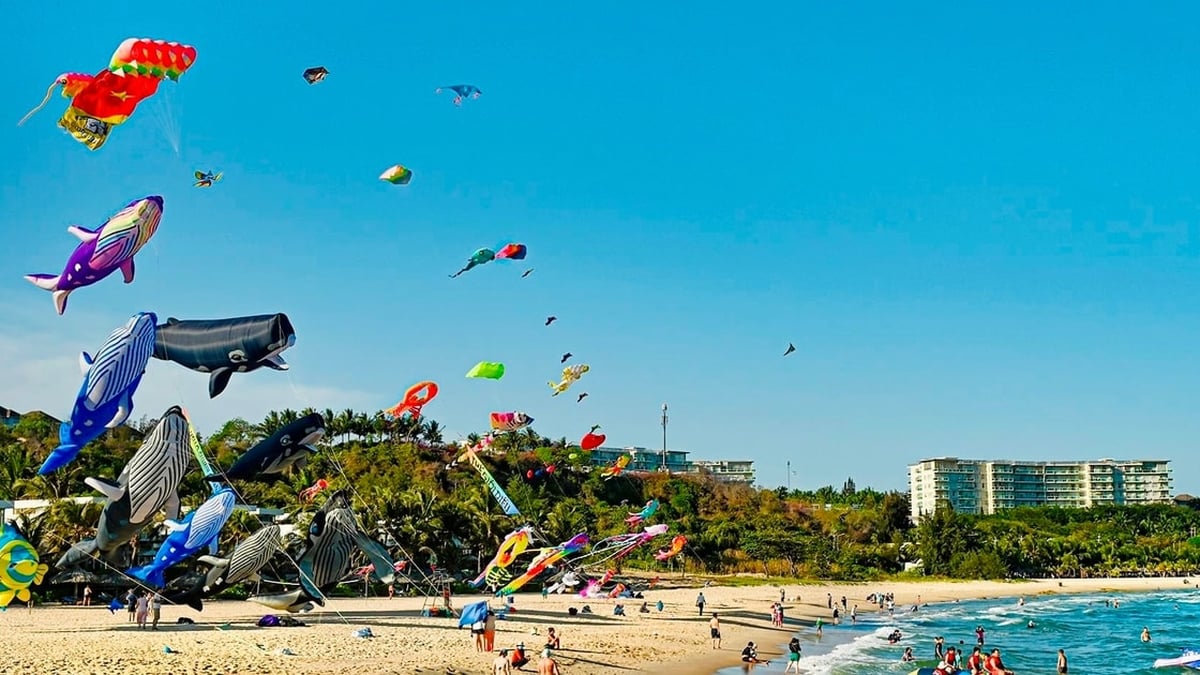
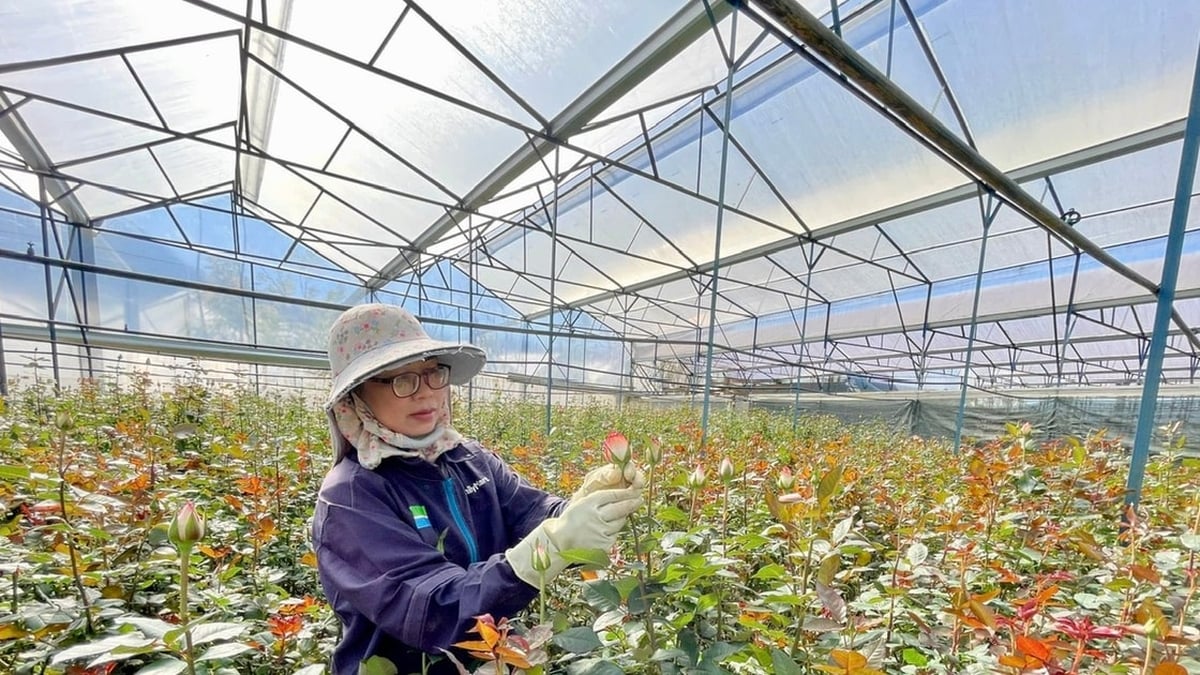

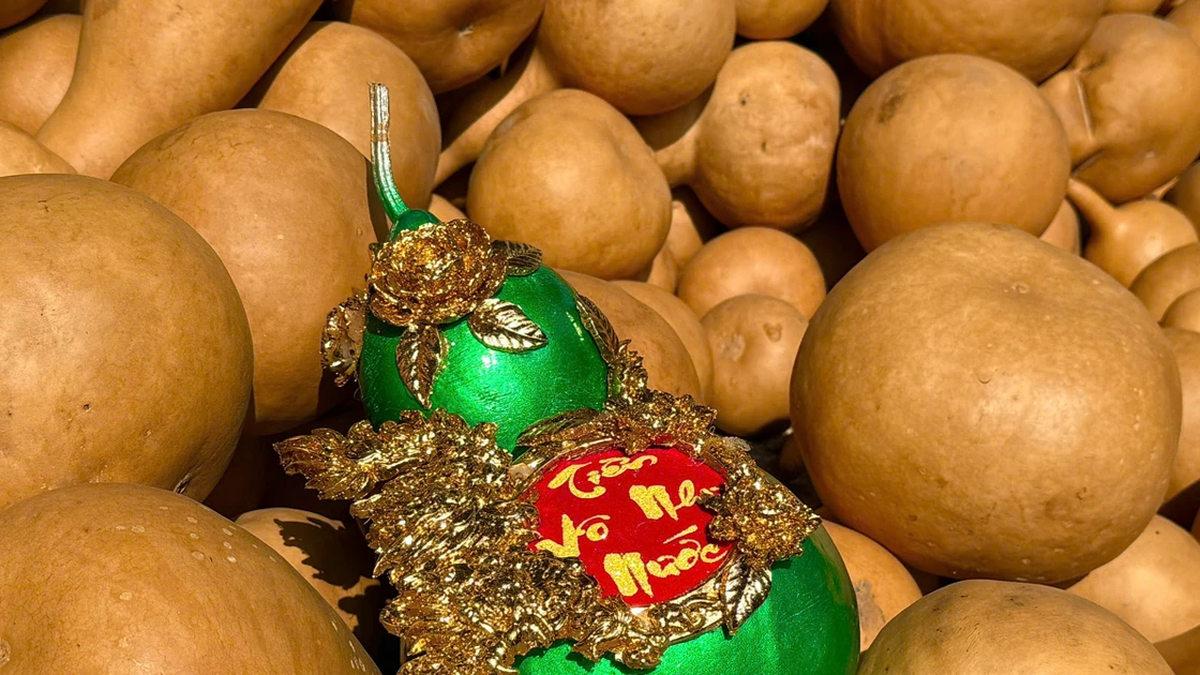
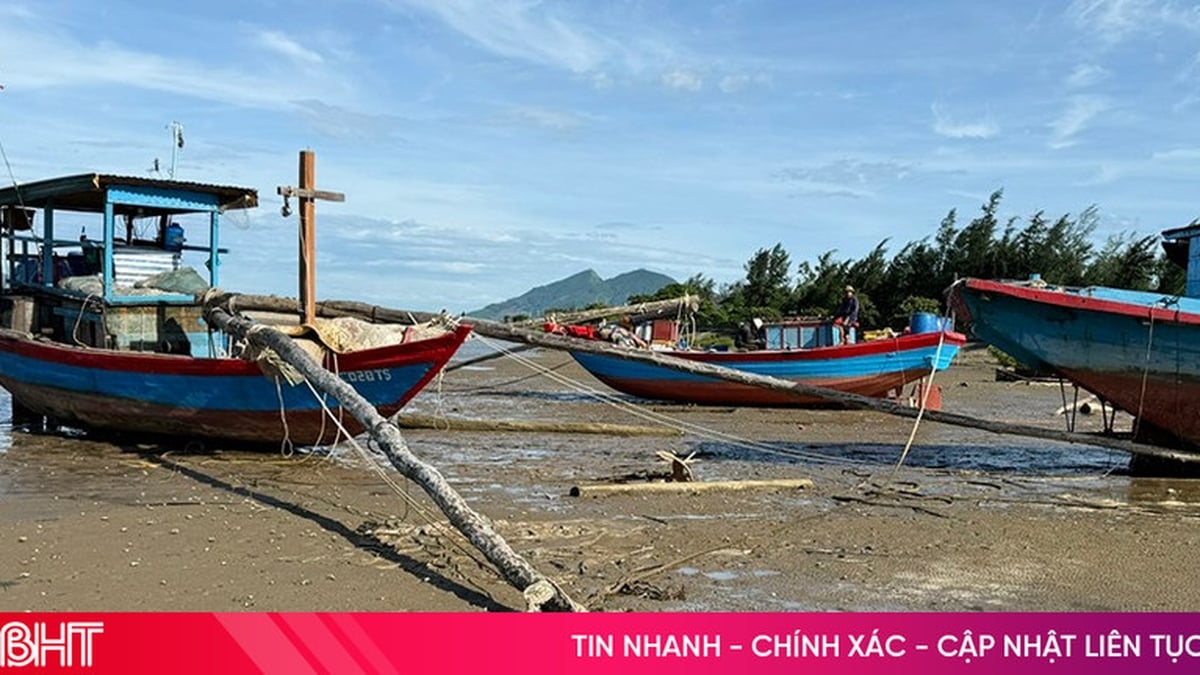



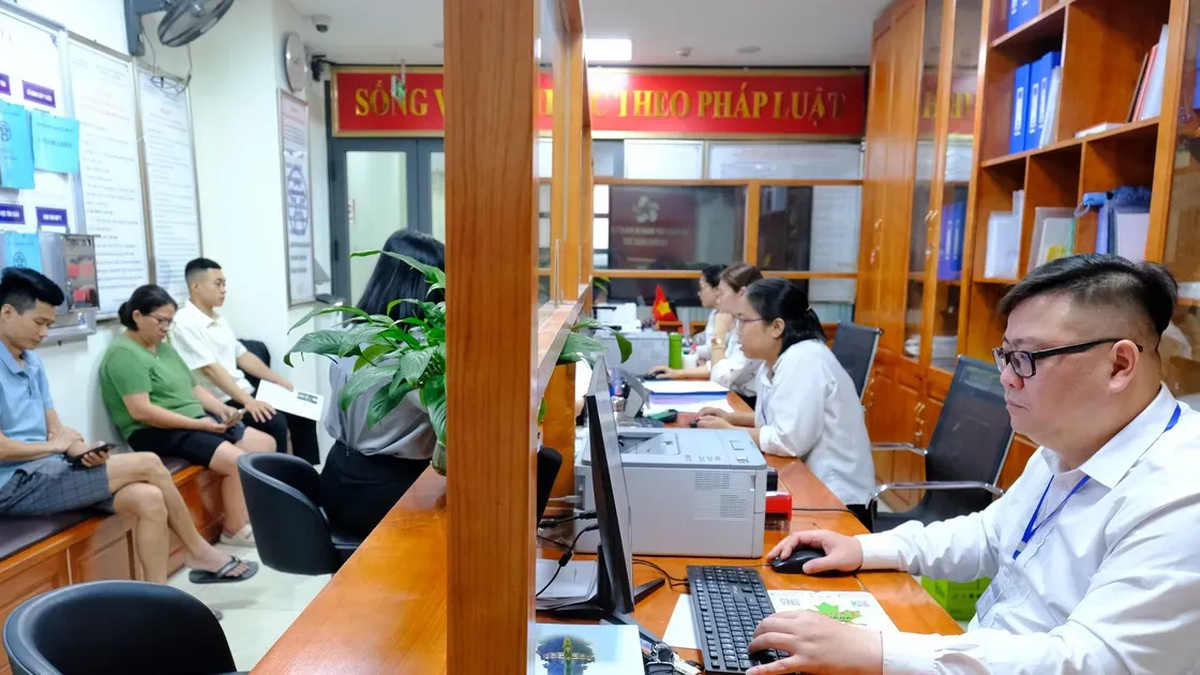
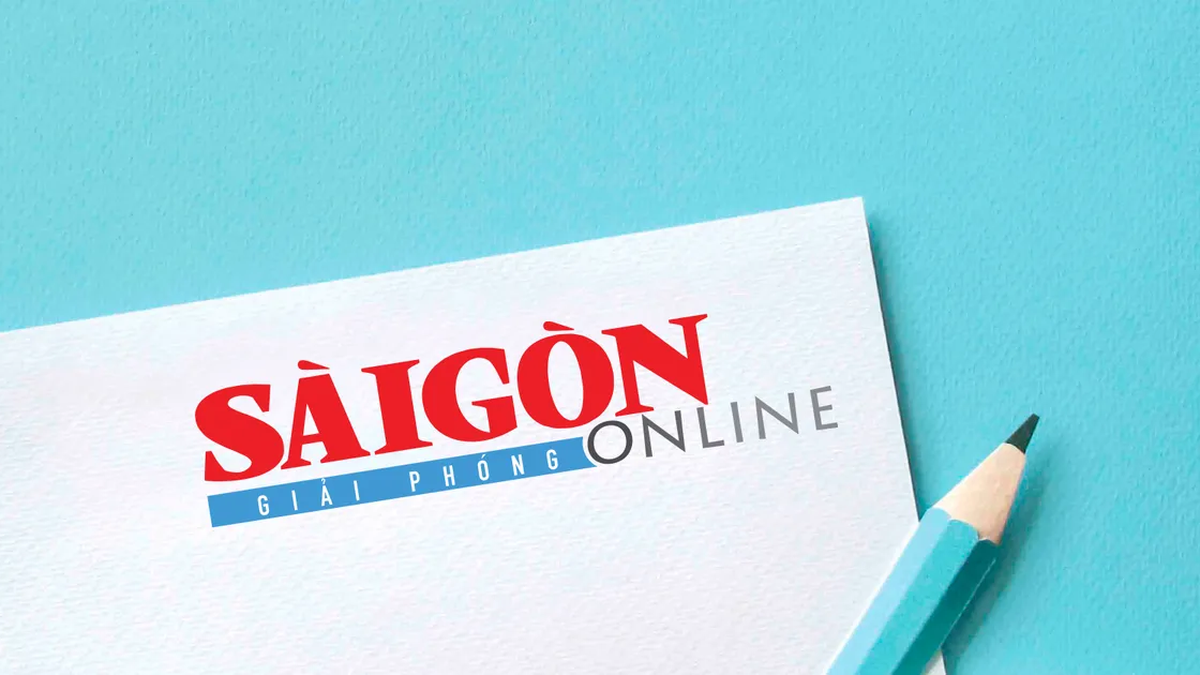

























































































Comment (0)